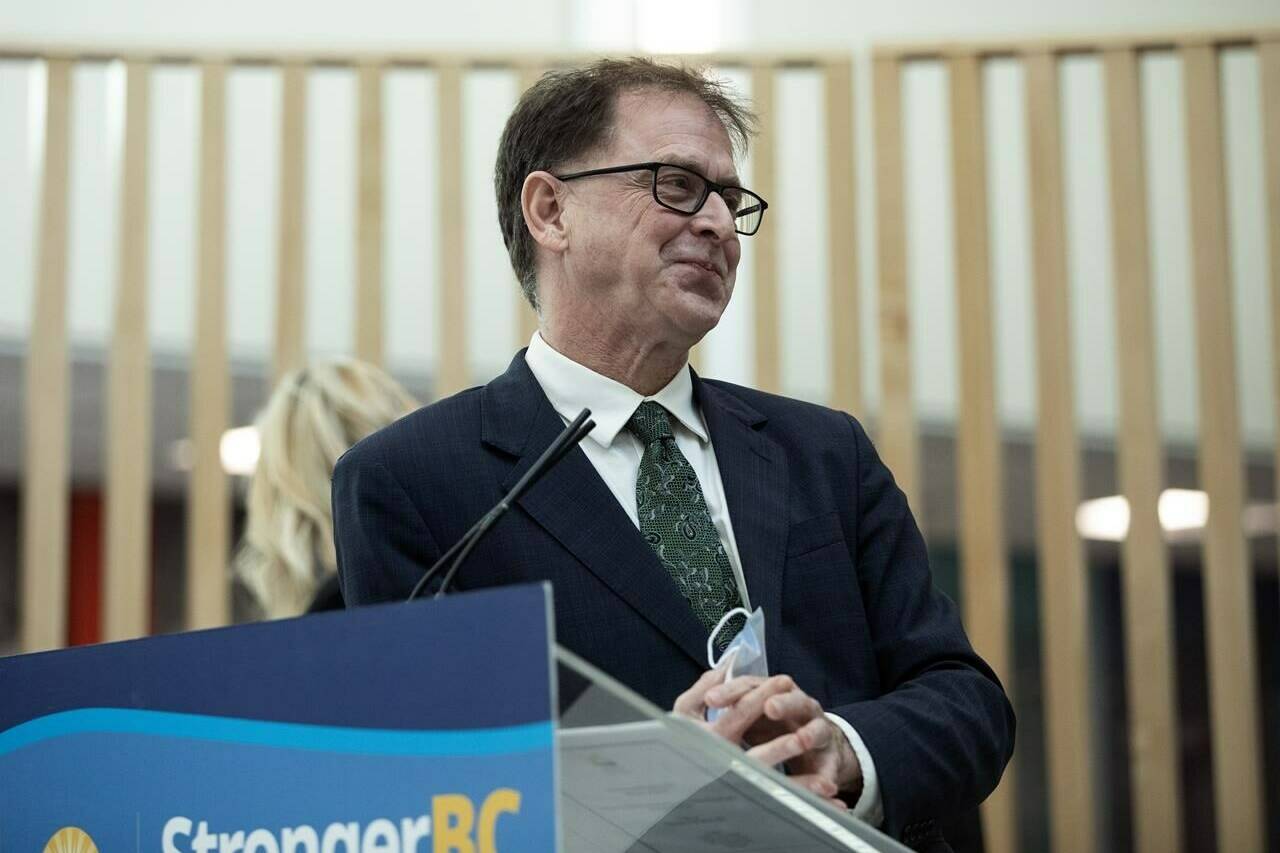Health Minister Adrian Dix said he sees no reason why B.C. “wouldn’t be very interested” in joining the national pharmacare being rolled out this week.
Dix said experience from the provincial pharmacare program shows that cutting the costs of drugs for all people, especially low-income people, saves them not only money for other purposes, but also improves health outcomes by improving adherence to prescriptions.
Federal New Democrat Leader Jagmeet Singh said the program would provide free contraceptives as well as medication and devices for diabetes.
Singh said the program would save British Columbians with diabetes thousands of dollars. The deal is said to include all insulin for Type 1 and Type 2 diabetes, well as additional diabetes drugs and a fund for supplies such as devices for glucose monitoring. B.C. has already been offering free contraceptives since April 1, 2023.
The program is part of the confidence-and-supply agreement between the federal Liberals and the federal New Democrats negotiated after the 2021 federal election had given the federal Liberals the most seats but not a majority in the House of Commons.
Singh said his party will push the federal Liberals under to negotiate with B.C. to receive money in lieu of the fact that the province is already providing free contraceptives.
“That should give B.C. more money that will be used towards improving the health care system,” Singh said. “They are going to get additional funds and…that negotiation can happen right away because B.C. is already covering contraceptives.”
It is not clear when this national program would roll out. “It can happen extremely rapidly,” Singh said. “I don’t want to put a strict deadline (on rolling it out), but there is no reason why we can’t get to negotiate (with the provinces) right away.”
RELATED: Diabetes medication, birth control covered in federal pharmacare deal
Not all provinces are set to join the national program. Quebec and Alberta, for different reasons, have already signalled that they won’t.
“It’s a choice between groceries or insulin for some families and some people,” Singh said. “So Danielle Smith is going to have to explain why she is refusing to let Albertans get that coverage that they deserve and should have.”
The pending introduction of a national pharmacare plan points to the competitive but also cooperative aspects of Canadian federalism.
Singh readily acknowledged that B.C.’s introduction of free contraceptives served as a model.
“We were certainly inspired by the B.C. NDP and we are proud that we could get it done nationally,” Singh said, adding it will benefit women.
Dix welcomed the extension of a made-in-B.C. plan to the rest of the country.
“I think that’s great,” he said. “I think it’s Canadian. We have heard from people across the country, since we provided free contraception. People across the country say, ‘what a good thing that is’ and want to follow that.”
B.C., he added, followed other provinces in allowing pharmacists to prescribe medication for minor ailments.
“Not the last, but we weren’t the first,” Dix said. “Our job is to provide better care for people and I think that’s what this will do,” Dix said.
The agreement — which federal Liberals and federal New Democrats had struck had just before a March 1 deadline — happened within the confines of a minority government and checks off a central plank of the agreement between both federal parties, the other being a national dental plan.
Singh said his party will continue to push the federal Liberals on other items such as housing prior to the next federal election, broadly framing the national pharmacare program as an NDP victory.
Singh said his party campaigned in 2021 on dental care and pharmacare and now it has delivered both.
“It shows you that more New Democrats people elect, the better results they get, more help people get,” he said.
-with files from Canadian Press.

